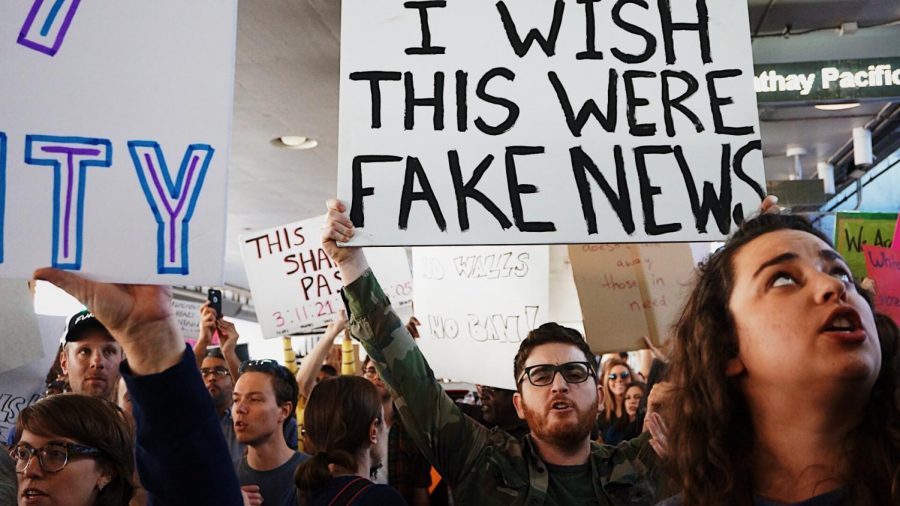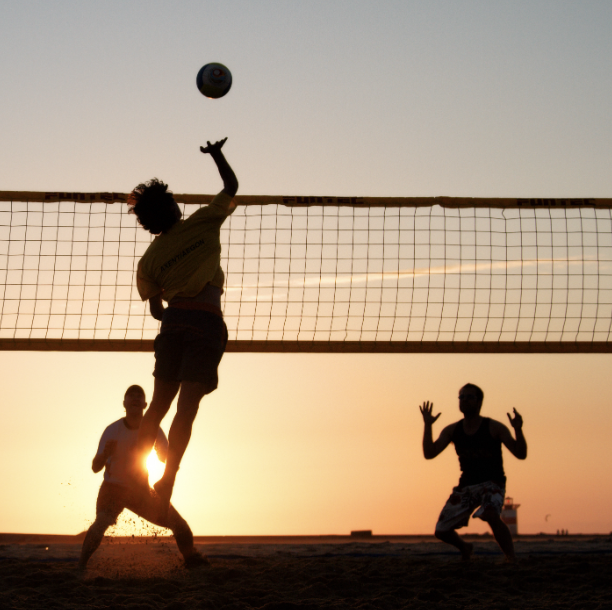Debunking Fake News Articles about COVID-19
June 2, 2020
As the coronavirus pandemic sweeps across the nation, you’ve probably heard about some miracle food, drug, or method that can supposedly be used to prevent, treat, or cure COVID-19. Unfortunately, while this information may seem promising, most are myths that have not been backed up with scientific research. Here are some of the most popular COVID-19 myths:
1. You can protect yourself from COVID-19 by injecting, swallowing, or rubbing bleach, disinfectants, or rubbing alcohol.
Never try to consume these products, as they can be highly toxic. While disinfectants, bleach, soap, and water may be used to clean surfaces, don’t try to self-treat or prevent COVID-19 by injecting these chemical products into your body.
2. Only the older population can get sick from a coronavirus infection.
While it is often true that older adults and people with chronic health conditions and autoimmune diseases tend to be more vulnerable to COVID-19 and are at higher risk than younger, healthier people, they are not the only population filling hospital beds around the globe. In fact, a mid-March analysis conducted by the CDC found that more than half of the nearly 2,500 Americans who had been hospitalized with COVID-19 were younger than 55. In other words, COVID-19 does not discriminate by age.
3. Everyone who gets COVID-19 dies.
Only a small percentage of people who get COVID-19 die. In fact, the majority of those who contract the disease experience a mild form of the illness and recover without needing professional medical care. Statistics show that only about one in six people will become severely ill and need to be hospitalized. Furthermore, scientific modeling suggests that about one in every 100 people who get COVID-19 will die.
4. Hydroxychloroquine can treat COVID-19.
President Donald Trump’s alleged hydroxychloroquine miracle treatment isn’t as safe and assuring as anticipated. A new study published in The Lancet medical journal reports that COVID-19 patients who received the drug were actually at a higher risk of death, compared to those who did not take the drug. Additionally, it was found that patients who took hydroxychloroquine were more likely to develop irregular heart rhythms.
5. Extreme cold or hot temperatures can kill or prevent COVID-19.
It is not true that exposure to cold weather and snow or hot weather and sun can prevent, cure, or kill COVID-19. You can get COVID-19 in any weather, as your normal body temperature remains constant regardless of where you are.
6. Face masks are unnecessary unless you’re a medical professional.
The Centers for Disease Control and Prevention (CDC) recommends that all people wear cloth face masks in public places where it can be difficult to maintain a 6-foot (2-meter) distance from others. Wearing face masks will help slow the spread of the virus from asymptomatic people. However, surgical masks and N95 respirators that provide greater protection should be reserved for healthcare workers only.
As you look through COVID-19 updates and research results, be careful to analyze your sources—not everything on the internet is always necessarily correct and proven.








